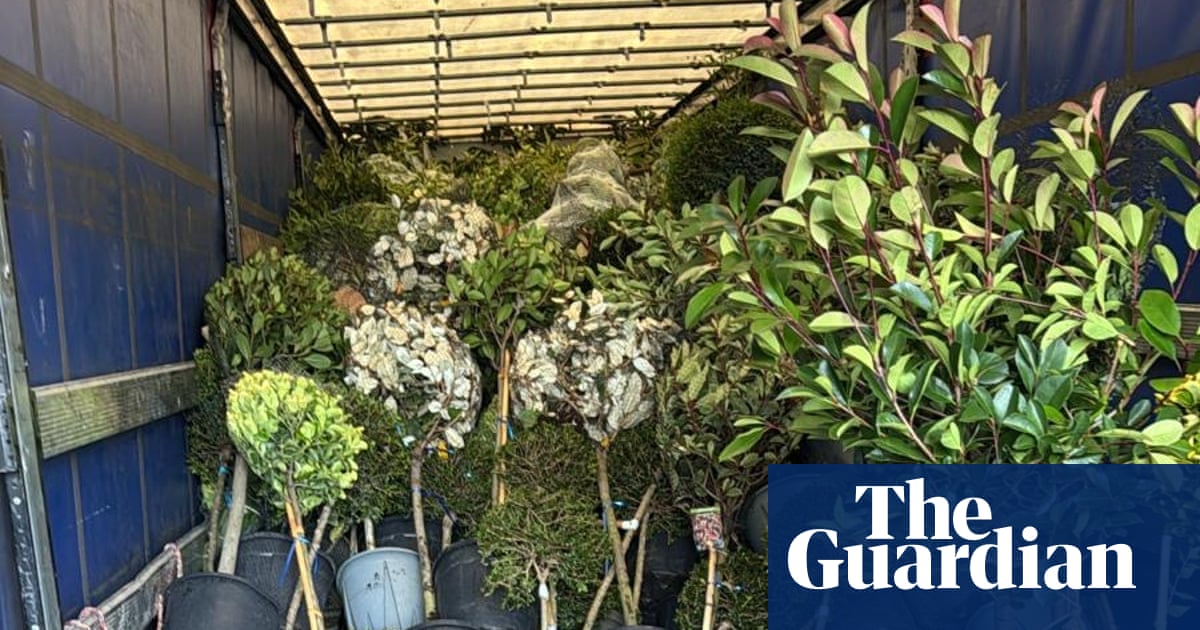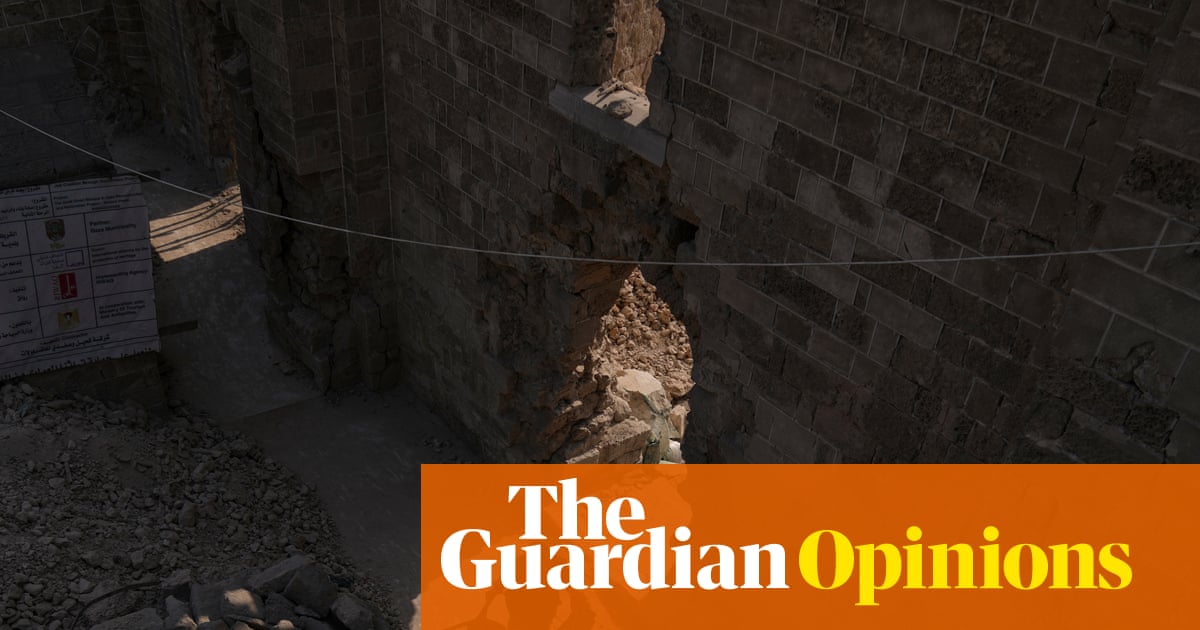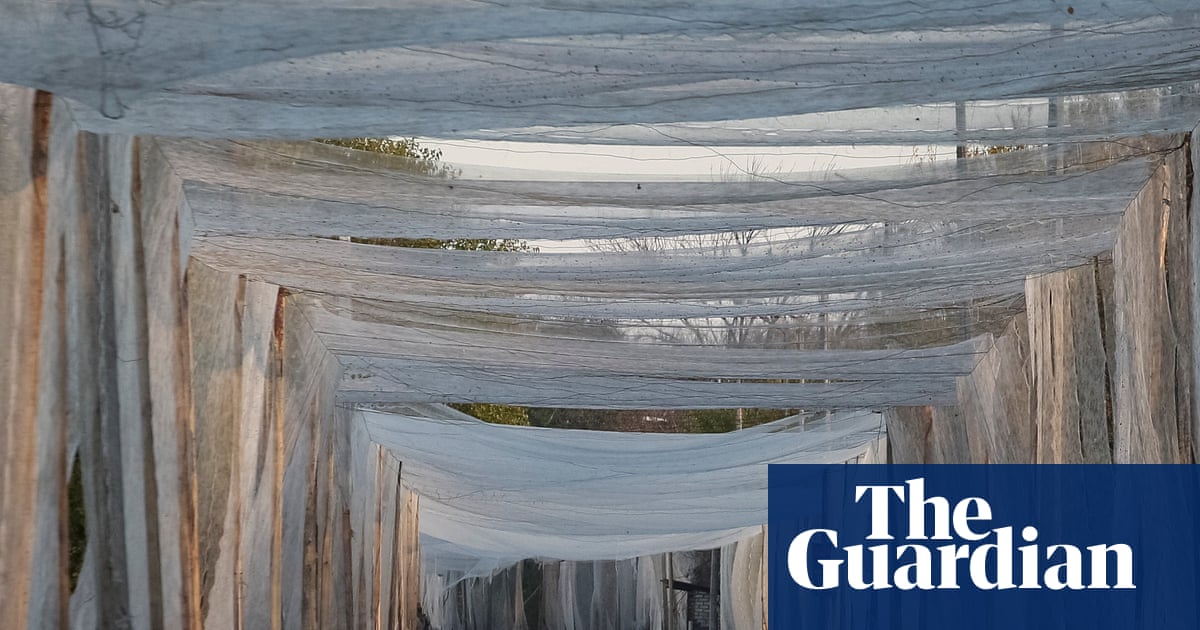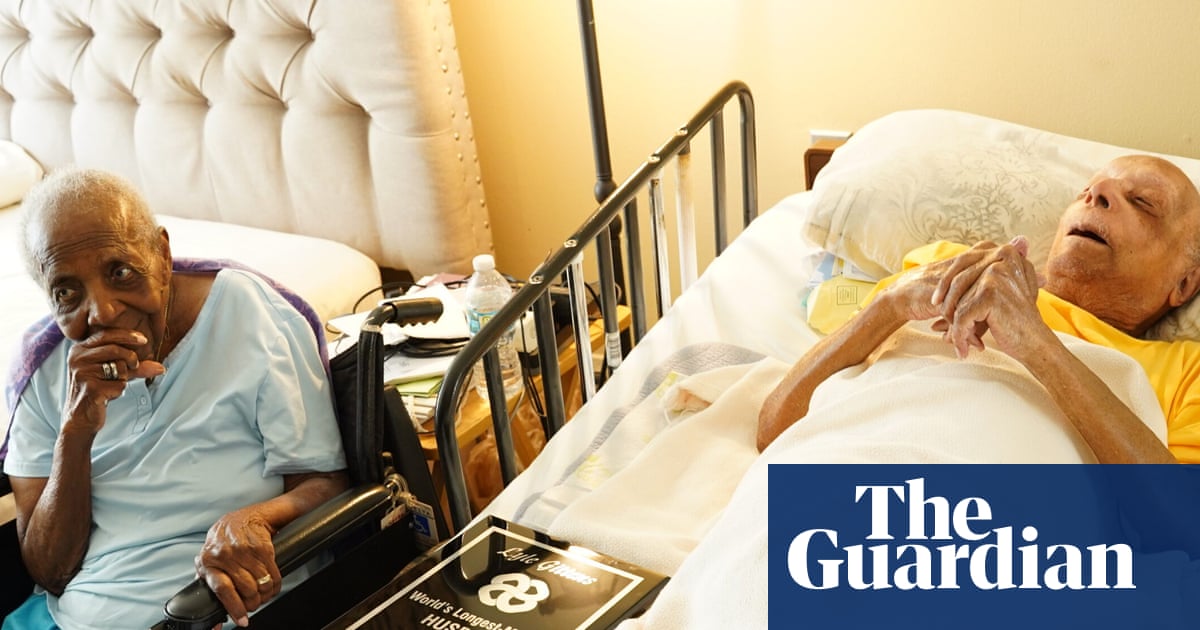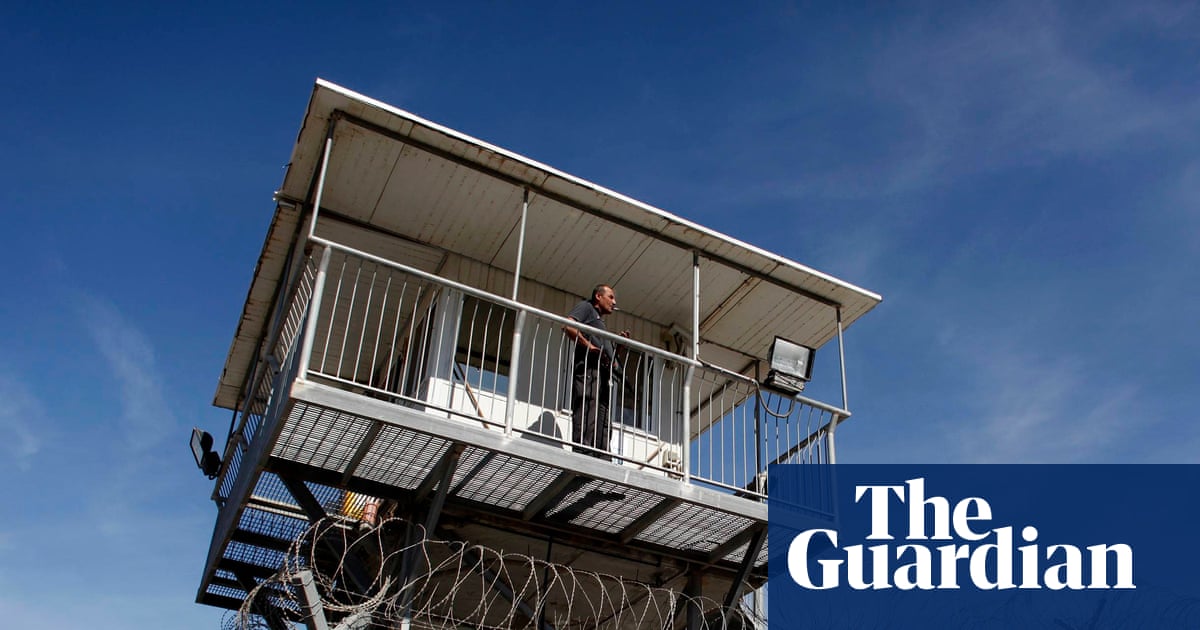Italian officials have detained NGO rescue vessels five times in the past six weeks, as campaigners criticise an escalating crackdown they fear will lead to more fatalities on one of the world’s deadliest migration routes.
On Tuesday the Berlin-based NGO Sea-Watch received confirmation that its vessel, the Aurora, had been detained in Lampedusa for 20 days. It was detained after the vessel had helped to rescue about 70 people in international waters, many of whom had been suffering from fuel burns, seasickness and dehydration.
“This decision is politically motivated; those who rescue are punished,” said Karla Primc, the head of operations on the Aurora. “That is the reality in 2025.”
A smaller vessel that was also involved in the rescue operation, the Dakini, was also detained. Sea-Watch linked the detentions to the decision to bring the 70 rescued people to the port of Lampedusa, rather than the much farther port of Pozzallo, where the Italian authorities had directed them.
“Due to the difficult weather conditions, the Aurora developed a significant list and the rescued persons and crew were exposed to a high risk of hypothermia and going overboard,” it said. “Keeping the Italian authorities constantly informed, the ship’s crew headed for the closer port of Lampedusa. After about 10 hours, the Aurora entered Lampedusa with explicit consent of Italy and brought all rescued persons safely ashore.”
Rights groups began sounding the alarm over an increase in vessel detentions in early June when the authorities detained the Nadir, a ship operated by the German association ResQship, for 20 days. It was the first time a sailing vessel had been detained since the Italian government imposed hardline rules on civilian sea rescue activities in 2023.
Days later, a vessel operated by the Germany-based search and rescue organisation Sea-Eye was also detained. The ships faced varying accusations of not complying with the authorities’ instructions around rescues at sea, which have included requirements preventing ships from responding to multiple distress calls and making them travel long distances to ports in central and northern Italy.
“It’s clear now that the Italian state is really trying to use all its means to keep us away,” said Jelka Kretzschmar, a crew member of the Nadir. “The effects of this will obviously be that people disappear at sea, they drown, they suffer with no one watching and the scandal of how this is being systematically curated by Europe will not be exposed. Instead people will be more extensively pushed back by European authorities and pulled back by Tunisian and Libyan authorities and put back in torture camps or abducted and dropped in the desert.”
The Italian government did not respond to a request for comment.
Since the hardline rules on civilian sea rescues took effect in early 2023, NGO ships have been detained 29 times, leaving them languishing in harbours for 700 days instead of saving lives, according to the affected organisations. Another 822 days were lost navigating to far-off ports.
What appears to be different this time around is that smaller vessels, such as the Dakini, which offers life vests and water but cannot bring people onboard due to its small size, are also being targeted, say campaigners. “Therefore the practice of detention hits a new era – including now also ships of the so-called minifleet that are only supporting rescue operations,” the ship’s crew said in a message to the Guardian.
This year marks 10 years since NGO ships began operating in the Mediterranean. Over the years they’ve rescued more than 175,000 people, even as many have grappled with increased criminalisation and legal crackdowns. Earlier this month, 32 organisations issued a statement demanding that the Italian government end its “systematic obstruction” of NGO search and rescue efforts.
“Deliberately keeping non-governmental search and rescue organisations away from the central Mediterranean causes countless more deaths at sea on one of the deadliest flight routes worldwide,” the statement noted. “Without the presence of NGO assets and aircrafts, more people will drown while fleeing across the central Mediterranean, and human rights violations as well as shipwrecks will occur unnoticed.”
after newsletter promotion
The statement was made days after the crew of the Nadir received news that it had been detained for a second time. For another 20 days, the vessel had been unable to leave the port of Lampedusa, even as mayday calls rang out over the radio.
“It’s like there’s an invisible wall,” said James Watson, a British doctor who was on his fourth volunteer trip on the vessel when it was detained. “You can hear about these cases which are really distressing, you can hear it in the voices of the people who are reporting them. Everyone of those cases is really scary and represents people whose lives are at risk. And then you’re just sort of sat there, unable to do anything about it.”
Figures from the International Organization for Migration suggest that this year more than 800 people have drowned in the Mediterranean, though the actual death toll is believed to be significantly higher.
Ultimately Watson felt as though the Italian government’s actions were aimed at quelling the crucial roles that NGO rescue ships play in the Mediterranean. “These deliberate efforts to make the sea rescue harder, to take people who can be involved and help, out of that area not only increase the number of people dying but they kind of invisibilise it,” he said.
“If nobody is in the area to find boats, to report on boats, then we don’t even know how many people are dying,” he said. “So it’s not just that people are going to die, which they definitely are, but nobody’s even going to hear about those people dying.”

 3 months ago
64
3 months ago
64


